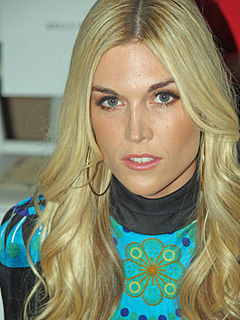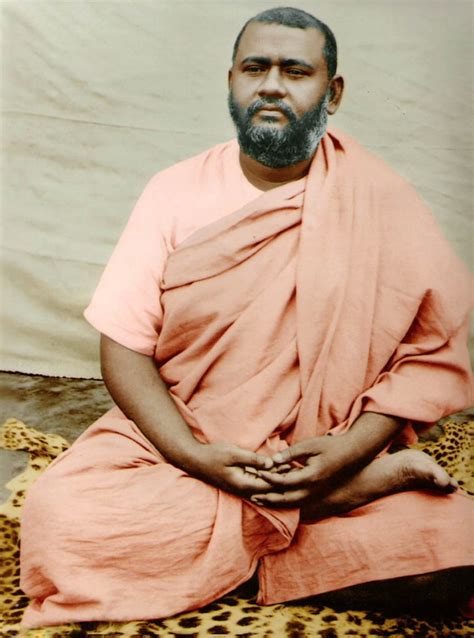A Quote by Martin Farquhar Tupper
Related Quotes
God wants us to show compassion and understanding toward the unemployed or the poor not because they are poor, but because poor people, with help from those who are already successful, can become rich. And when the poor become rich, all will benefit, because in our modern economy new unemployment is the first sign of economic growth.
The Poor Man whom everyone speaks of, the Poor Man whom everyone pities, one of the repulsive Poor from whom charitable souls keep their distance, he has still said nothing. Or, rather, he has spoken through the voice of Victor Hugo, Zola, Richepin. At least, they said so. And these shameful impostures fed their authors. Cruel irony, the Poor Man tormented with hunger feeds those who plead his case.
The rich man, when contributing to a permanent plan for the education of the poor, ought to reflect that he is providing for that of his own descendants; and the poor man who concurs in a provision for those who are not poor that at no distant day it may be enjoyed by descendants from himself. It does not require a long life to witness these vicissitudes of fortune.
After building most of Mint.com's prototype by myself, I talked to anyone and everyone I knew about Mint. It's counter-intuitive, because you might fear someone will steal your idea, but it's the only way to make connections, be sure you're on the right track, and provide a solution for an audience broader than yourself.
Mint's business model became, 'We'll go for free, and then we'll find these savings opportunities for you.' You know, better interest rate on your credit cards, when should you consolidate your student loans, when does it mathematically make sense to refinance your mortgage, and Mint figures all that stuff out for you.
Ninety-seven percent of the CEOs of the Fortune 500 are white men, and what they do radiates all the way down into poor areas and cities around our country. Like predatory lending and misallocation of municipal services. These guys get municipal service, poor areas don't. So they run the economy into the ground, and who suffers the most? The poor pay more and they die earlier.





































